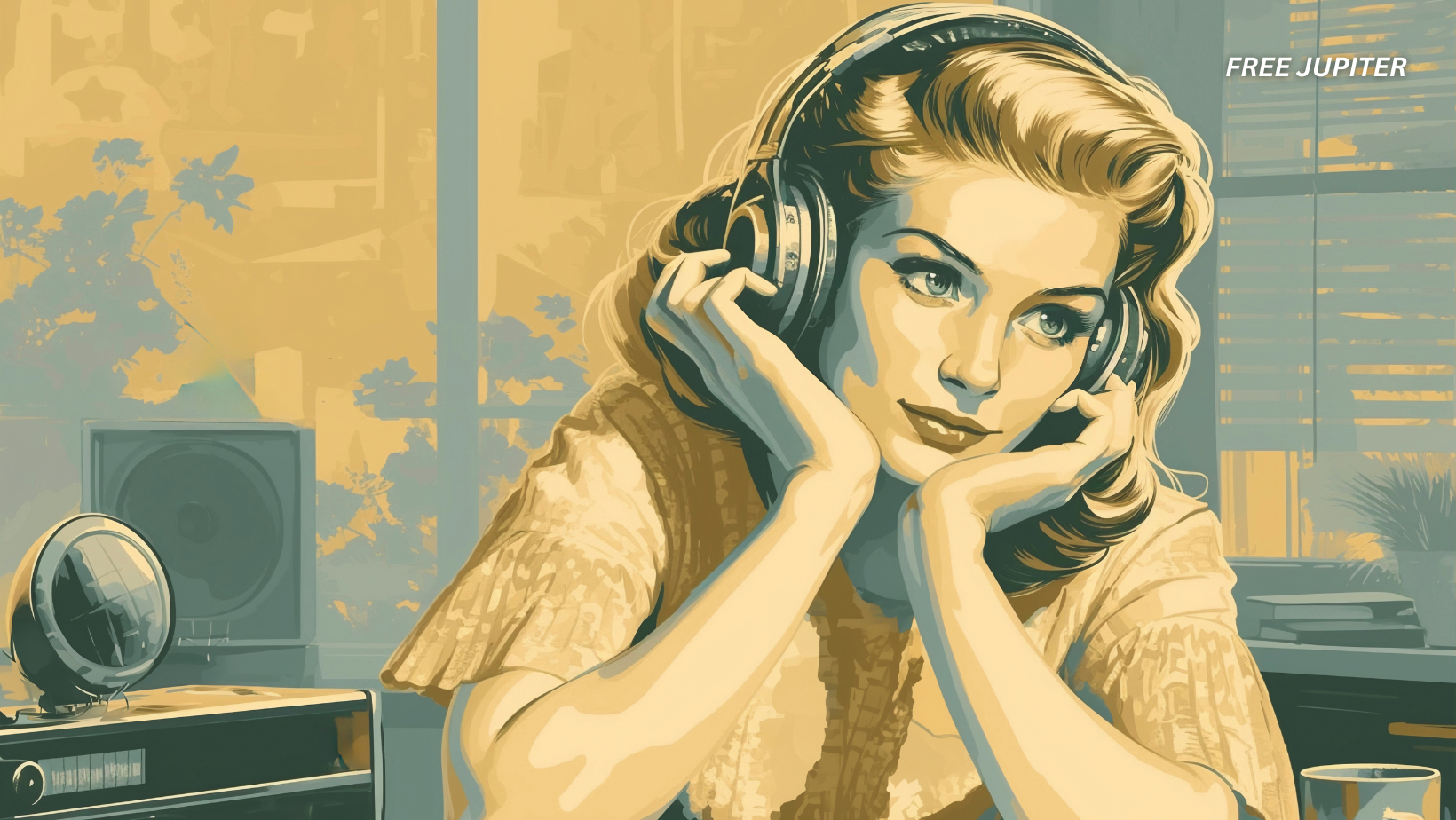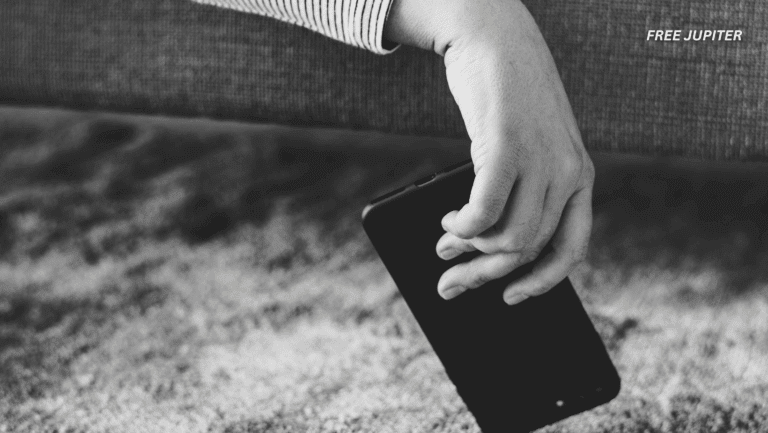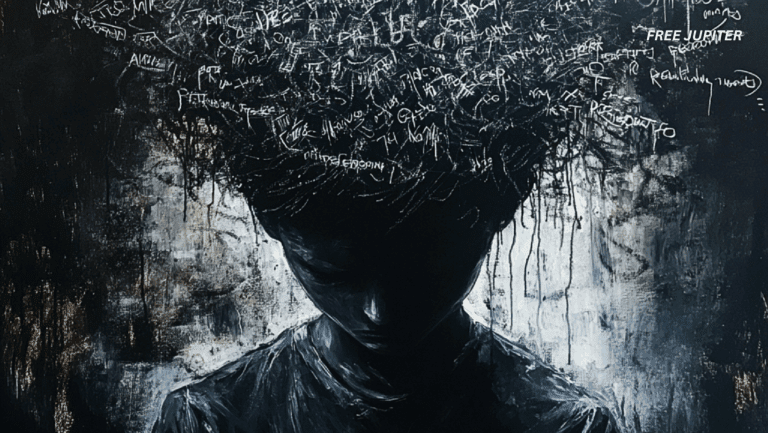Friendly Note: FreeJupiter.com shares general info for curious minds 🌟 Please fact-check all claims—and always check health matters with a professional 💙
Language is a living thing. Words and phrases come and go, and while today’s slang is full of “lit,” “slay,” and “no cap,” the expressions of earlier times had a kind of whimsical charm. People didn’t just say something was good — it was the bee’s knees. If someone was talking too much, they were told to put a sock in it.
Some of these old sayings may sound odd or even mysterious today, but each carries a story from the past. They reveal a lot about how people used to live, work, and have fun. Even if they feel old-fashioned, they still have a sparkle that modern lingo can’t quite replace.
Here are 20 classic expressions that deserve a second look — along with what they’re actually saying.
1) The Bee’s Knees
This playful compliment means something is truly excellent. In the 1920s, people used it to describe something stylish, top-notch, or wonderfully unique. The origin is fuzzy (do bees even have knees?), but the phrase stuck as a quirky way of saying “the very best.”
2) Don’t Take Any Wooden Nickels
This was an old warning to be careful and avoid scams. Wooden nickels were sometimes handed out as fake coins or promotional tokens, but they weren’t real money. The phrase reminds you to stay sharp and not fall for tricks.
Read more: Psychology Says People Who Text With One Finger Share These 8 Traits
3) Mad as a Hatter
Someone “mad as a hatter” is delightfully eccentric — or maybe a little unhinged. The phrase comes from the 18th and 19th centuries when hat makers often suffered mercury poisoning, which affected their behavior. Think quirky and unpredictable rather than dangerous.
4) Spill the Beans
When someone “spills the beans,” they accidentally reveal a secret. One theory traces it back to ancient Greece, where beans were used for voting. If the jar tipped, the results were exposed early. Today, it’s all about letting juicy details slip.
5) A Stitch in Time Saves Nine
This practical proverb advises taking care of problems early. If you fix a small tear in fabric right away, you’ll save yourself from needing nine stitches later. In short: deal with things now before they get worse.
6) Don’t Throw the Baby Out with the Bathwater
This vivid phrase warns against losing something valuable while trying to get rid of something useless. It’s a reminder to separate the bad from the good before tossing everything out in frustration.
7) Mind Your Ps and Qs
This expression is all about good manners. Its origin is debated — it may have come from tavern shorthand for “pints and quarts” or from teaching children how to write letters neatly. Either way, it means behave politely and pay attention.
8) Over the Moon
Someone who’s “over the moon” is bursting with happiness. The phrase comes from old nursery rhymes and paints a picture of joy so big, it feels like leaping skyward.
9) Riding Shotgun
Today, it means sitting in the front passenger seat of a car. But back in stagecoach days, the person beside the driver often carried a shotgun to fend off bandits. Now, it’s just about calling dibs on the best seat.
10) Put a Sock in It
A cheeky way to tell someone to be quiet. It may have started with early gramophones, where people literally stuffed socks inside to muffle the volume. Nowadays, it’s just a playful (sometimes rude) way to say “hush.”
Read more: 12 Phrases That Clearly Say “You Hurt Me” Without Making Things Worse
11) Hit the Hay
When you’re ready to “hit the hay,” it’s bedtime. The phrase comes from the days when mattresses were often sacks filled with hay. It still carries that cozy, rustic feel of tucking in for the night.
12) Paint the Town Red
This means going out for a night of fun and excitement. One possible origin comes from an 1830s incident where a group of young men in England literally painted buildings red during a wild spree. These days, it’s more about dancing and celebrating — not vandalism.
13) Like a Broken Record
If someone keeps repeating themselves endlessly, they’re “like a broken record.” This comes from vinyl records that skipped or looped when scratched. It’s still the perfect way to describe someone who just won’t drop a point.\
14) The Pot Calling the Kettle Black
This phrase points out hypocrisy — criticizing someone for a fault you also have. Since both pots and kettles used to blacken from the fire, neither had the right to call the other out. It’s a timeless reminder of self-awareness.
15) Burning the Midnight Oil
Before electricity, people worked late into the night by oil lamp. Today, “burning the midnight oil” means staying up late to work, study, or finish something important. It’s about dedication and effort in the quiet hours.
16) The Whole Nine Yards
This means giving everything you’ve got. The exact origin is debated — some think it refers to the length of World War II ammunition belts, others to fabric measurements. Regardless, it signals full commitment and no holding back.
17) Chew the Fat
To “chew the fat” is to have a casual, friendly chat, often about little things. Some say it started with sailors who talked while eating salted meat. Today, it’s the verbal equivalent of hanging out without any rush or agenda.
18) Close but No Cigar
This phrase means almost winning, but not quite. At early carnivals, cigars were often prizes for skill games. If you just missed, you’d hear: “Close, but no cigar.” Now, it’s used whenever a good effort comes up just short.
19) Cut a Rug
To “cut a rug” is to dance with energy and flair. The phrase comes from the lively swing and jitterbug days, where dancers moved so fast it looked like they were wearing out the floor. It’s a joyful, old-fashioned way to talk about dancing.
20) Let Sleeping Dogs Lie
This saying advises leaving past conflicts alone. The idea is simple: don’t wake a sleeping dog, or you might get bitten. In other words, avoid stirring up old arguments when things are calm.
Read more: 15 Signs Your Child Isn’t Telling You What They Really Feel
Why These Sayings Still Matter
Even if some of these expressions sound quaint today, they hold more than just historical curiosity. They carry personality, humor, and vivid imagery that modern slang often lacks. Sprinkling one or two into conversation can add a dash of color — and might even spark curiosity from anyone who hasn’t heard them before.
Language changes, but these little treasures remind us that words aren’t just about communication — they’re also about imagination.










